The Catholic Church has remained unwavering in its commitment to peace. On February 25, 2022, the day after the war began, Pope Francis personally visited the Russian Embassy in Rome to express his deep concern over the bloodshed. In the weeks that followed, he called repeatedly for dialogue and reconciliation — even when such appeals were unwelcome to the war-hungry political class of Western Europe.
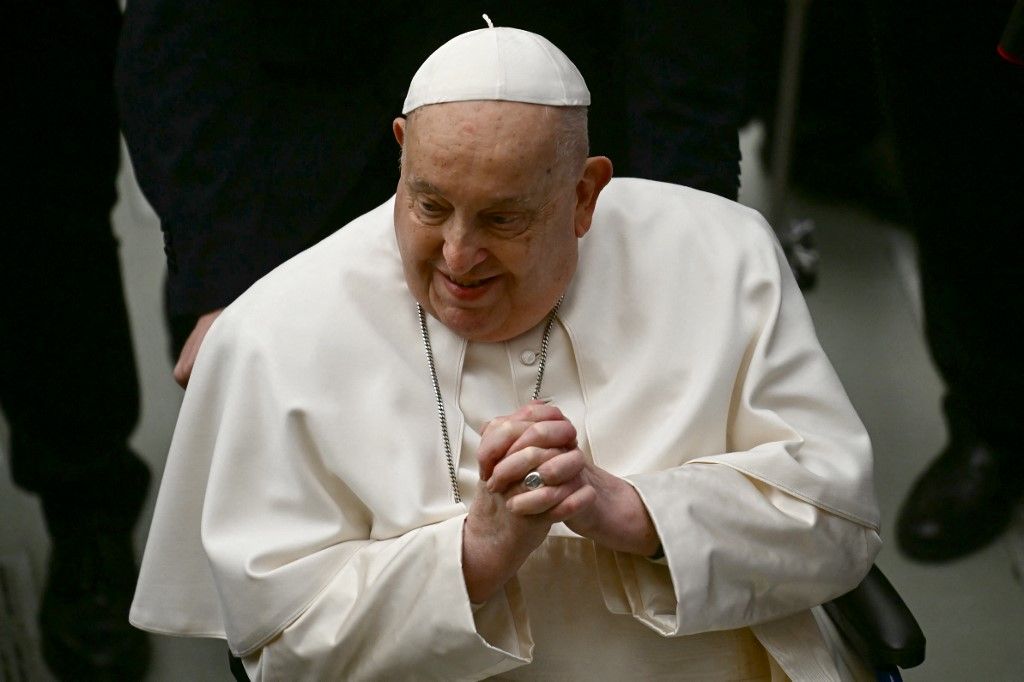
The late head of the Catholic Church even offered to mediate between the warring parties.
Pope Francis said on his flight home from Kazakhstan in September 2022,
It is difficult, but everyone must be given the opportunity for dialogue — everyone! Because there is always a chance that through dialogue, things can change,
Le Monde quotes the Holy Father's words. The pontiff made clear:
No nation or leader should be excluded from dialogue, regardless of whether they are seen as aggressors... Sometimes dialogue is uncomfortable, but it must be done.
This message — that peace is built through dialogue rather than escalation — is one that the Hungarian government has also emphasized repeatedly.
On the second anniversary of the war, in February 2024, Pope Francis prayed for the victims of the bloody conflict.
I pray for the countless innocent victims, and that humanity might rediscover enough compassion to achieve a diplomatic solution that leads to lasting peace,
he said.
A few days later, he again called on all sides to stop the fighting.
To all warring nations, I say: stop the war! Negotiate! Seek peace!
the Pope urged in an interview, adding, “A negotiated peace is always better than a war without end.”
In another 2024 interview with Swiss television RSI, he spoke of the courage required for negotiation, and during his address on the fourth Sunday of Advent in December, he again appealed for a Christmas ceasefire:
Let the weapons fall silent, and let Christmas carols be heard instead.
His plea, however, went unheeded.
After Pope Francis’s death, an interview he gave in the summer of 2023 was made public in May of this year, with his permission granted shortly before his passing. In it, the Holy Father reaffirmed his conviction:
The side that consistently stands for peace and calls for negotiations will, in the end, always prevail.
He stressed that every war ultimately ends with peace and dialogue — which is why even in the darkest moments, conversation must continue.
The purpose of peace talks,” he said, “is to ease suffering — not only for those in war zones, but for all who bear the indirect consequences.
Pope Leo XIV has remained faithful to his predecessor’s vision. In his first papal message, he too spoke of the urgent need for peace.
The cries rising from the war-torn regions tear at the heart of the Church,
he said during a general audience weeks later.
We must never grow accustomed to war. On the contrary, we must reject the temptation of ever more powerful and destructive weapons,
the Pontiff added.
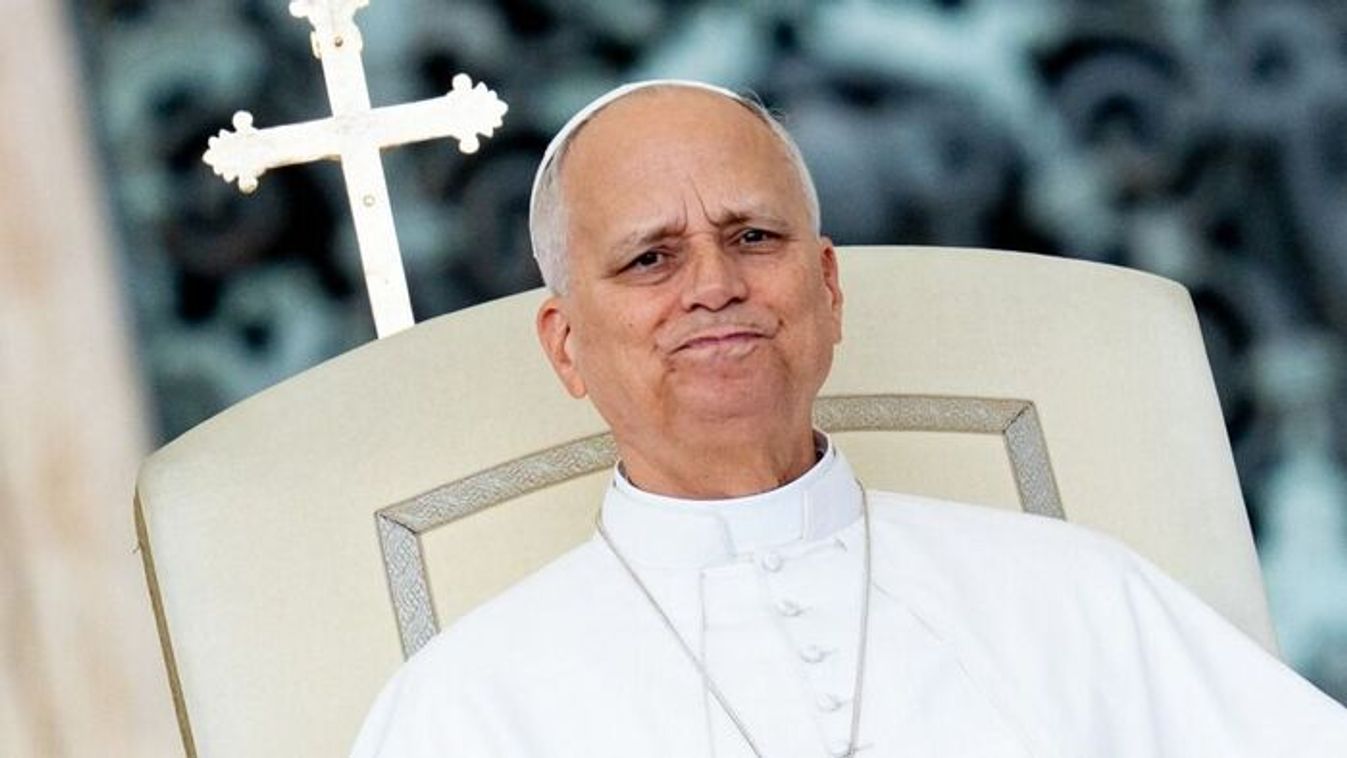

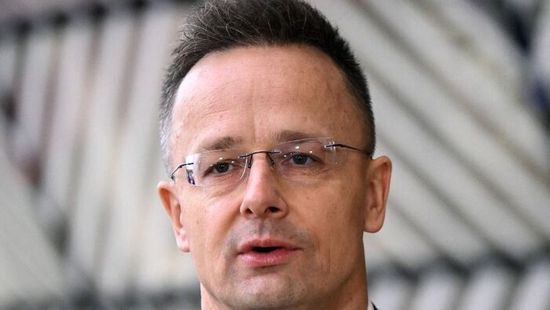
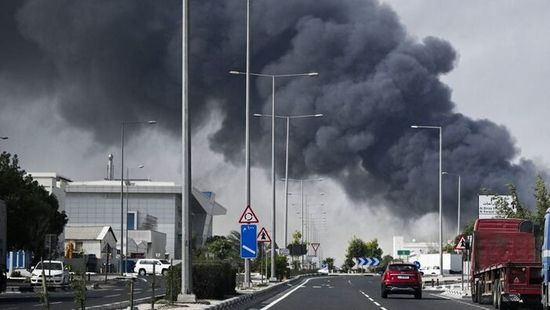
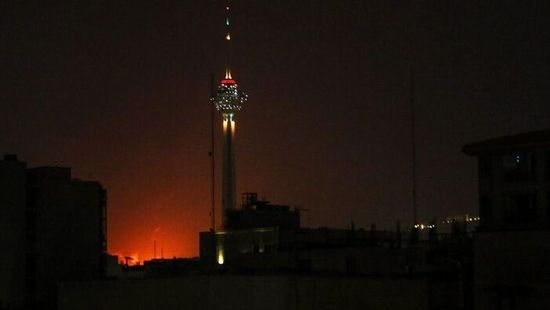

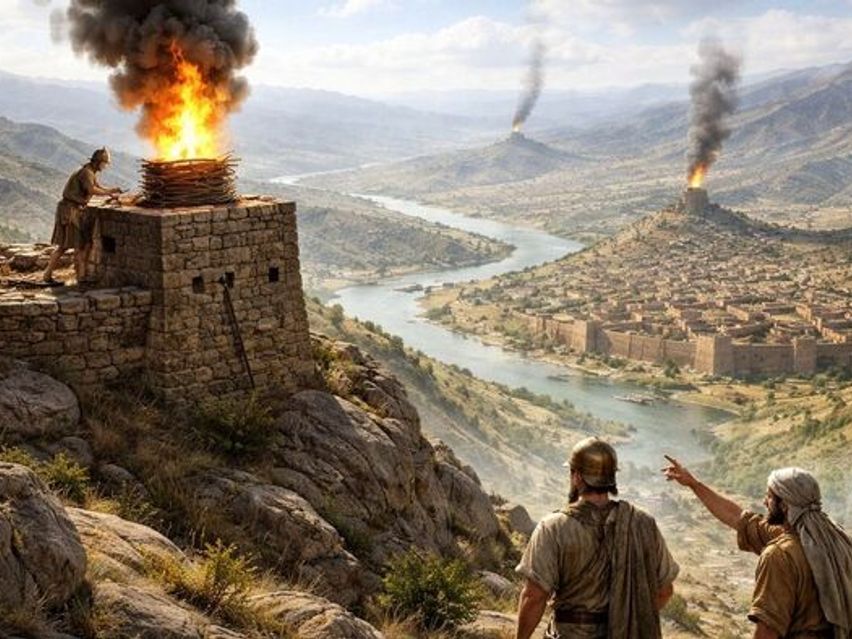
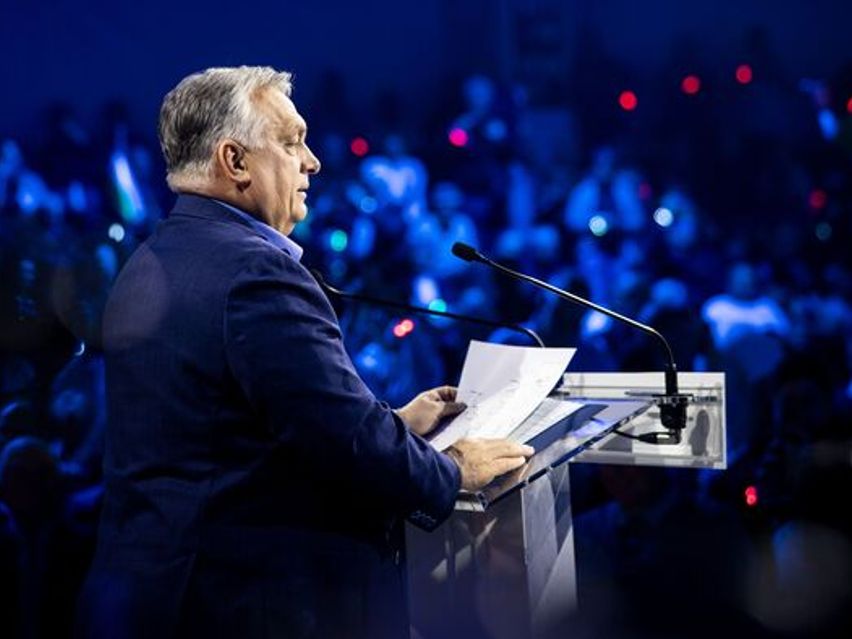
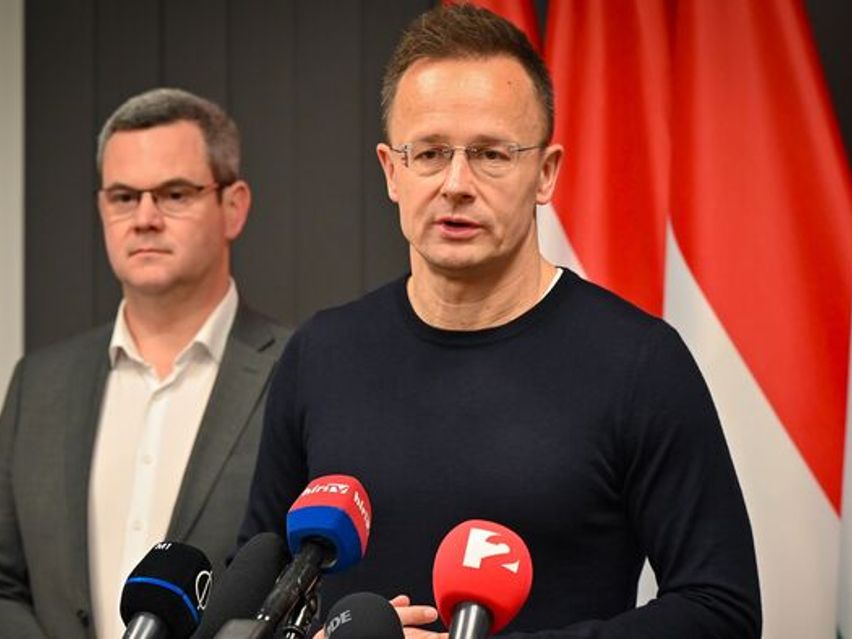
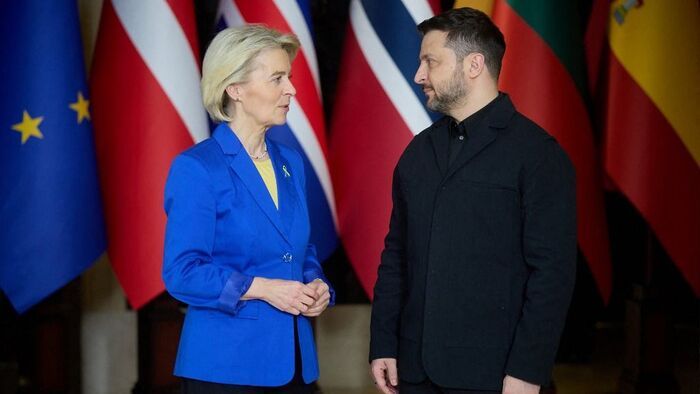


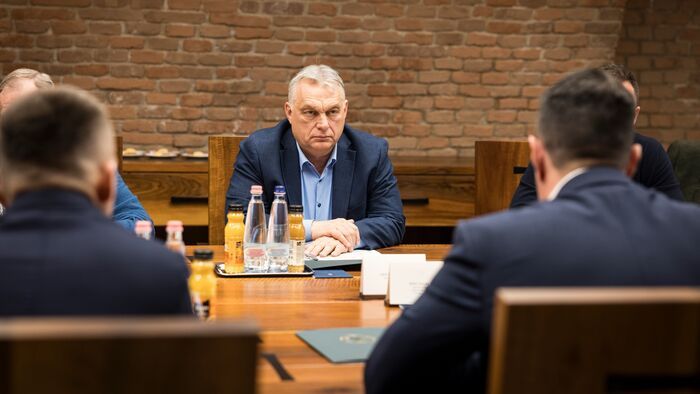
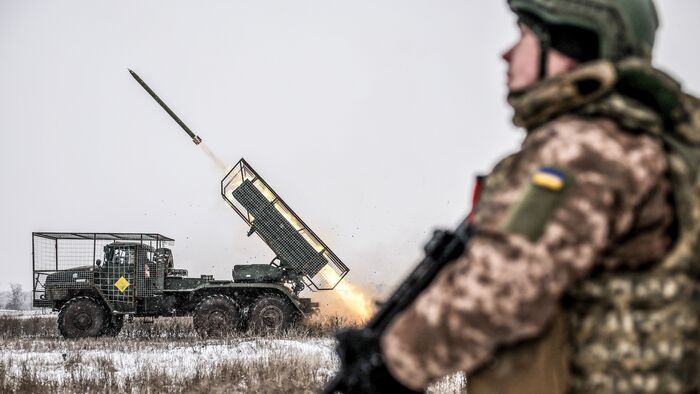
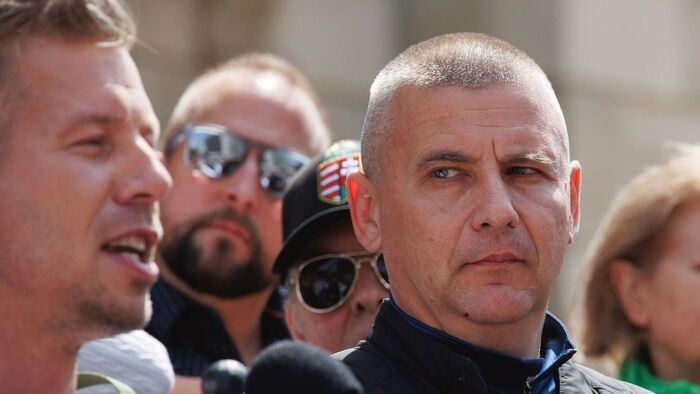
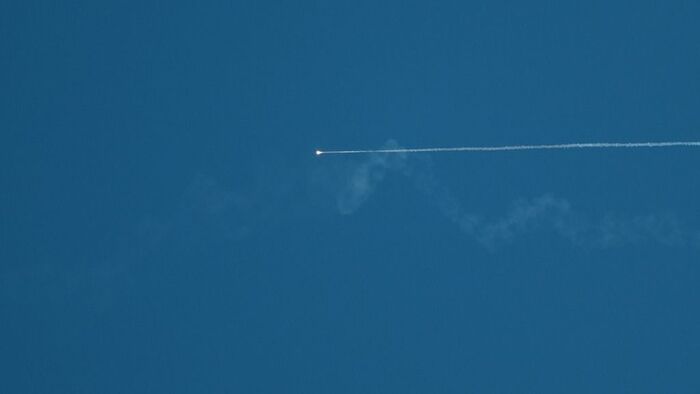
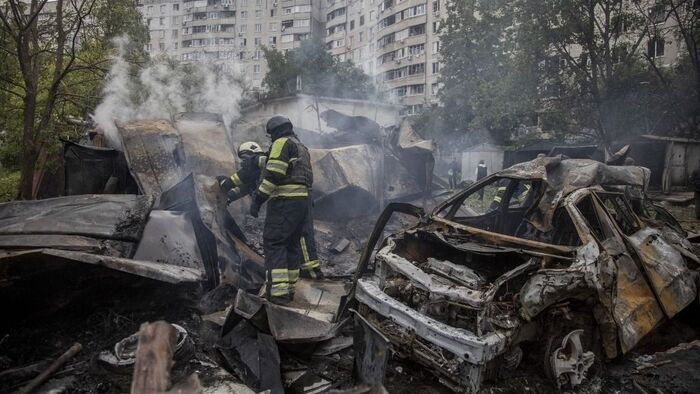


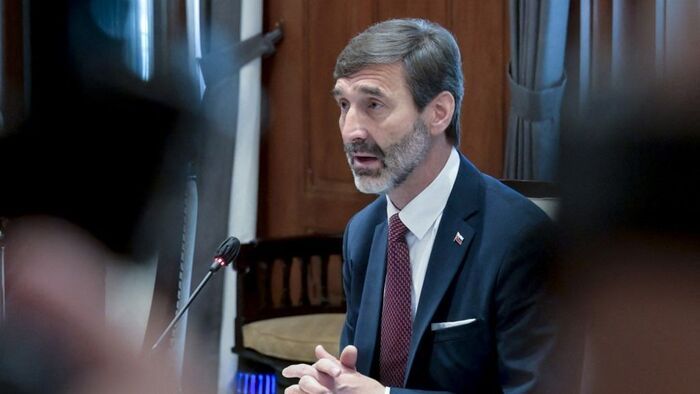
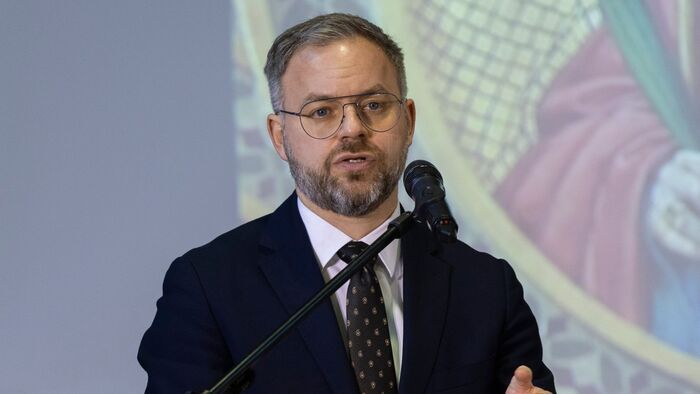
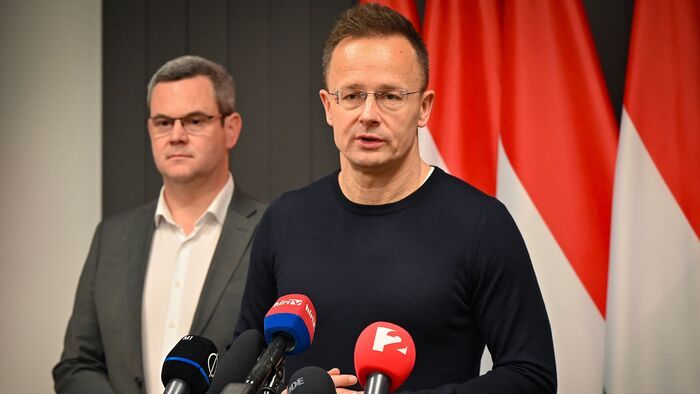

Szóljon hozzá!
Jelenleg csak a hozzászólások egy kis részét látja. Hozzászóláshoz és a további kommentek megtekintéséhez lépjen be, vagy regisztráljon!